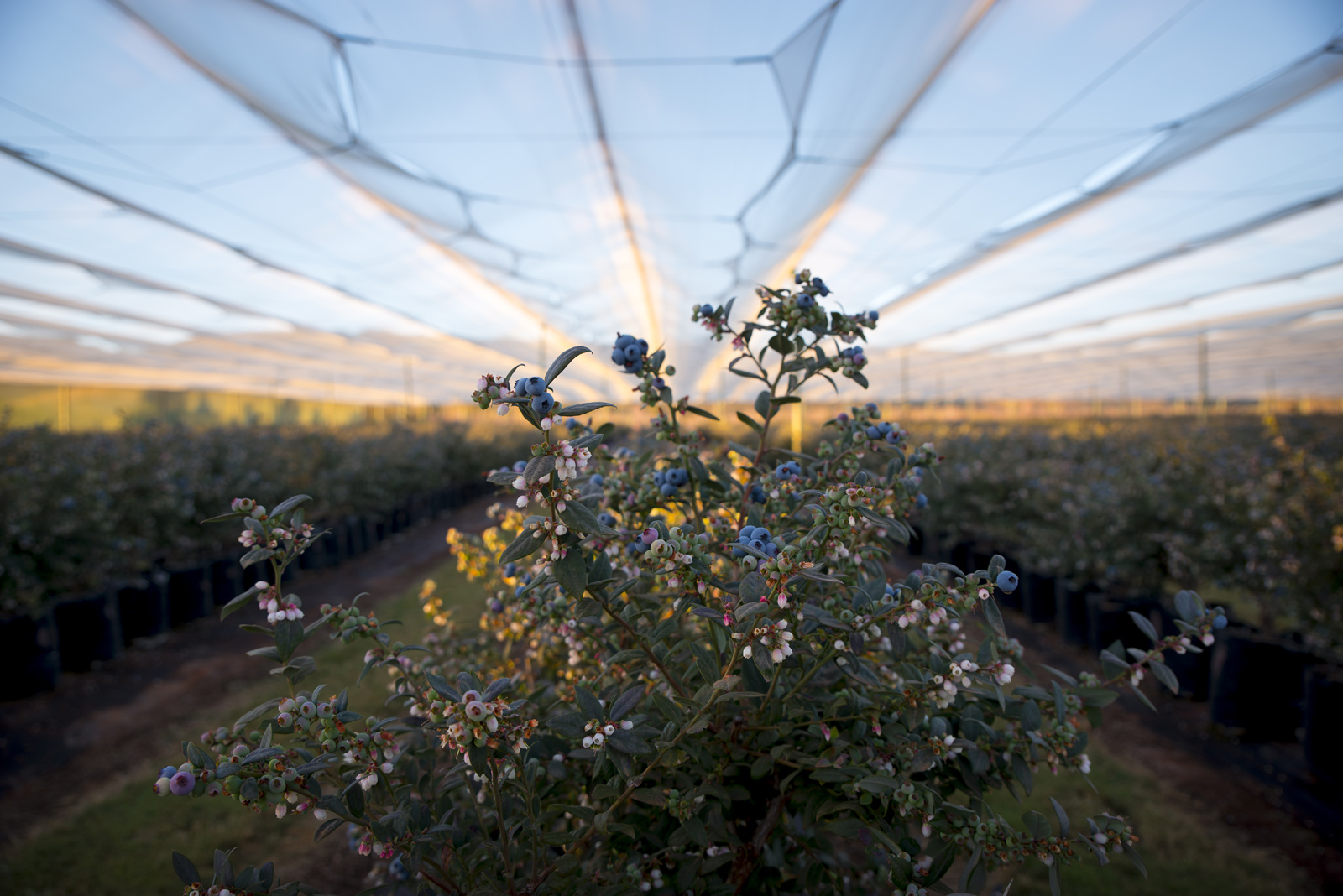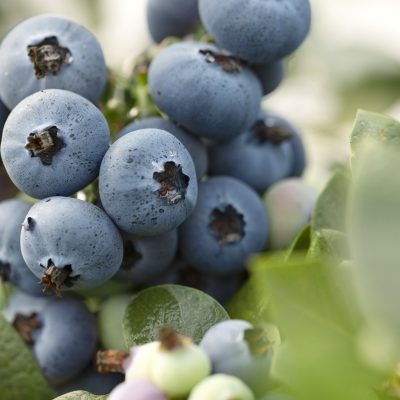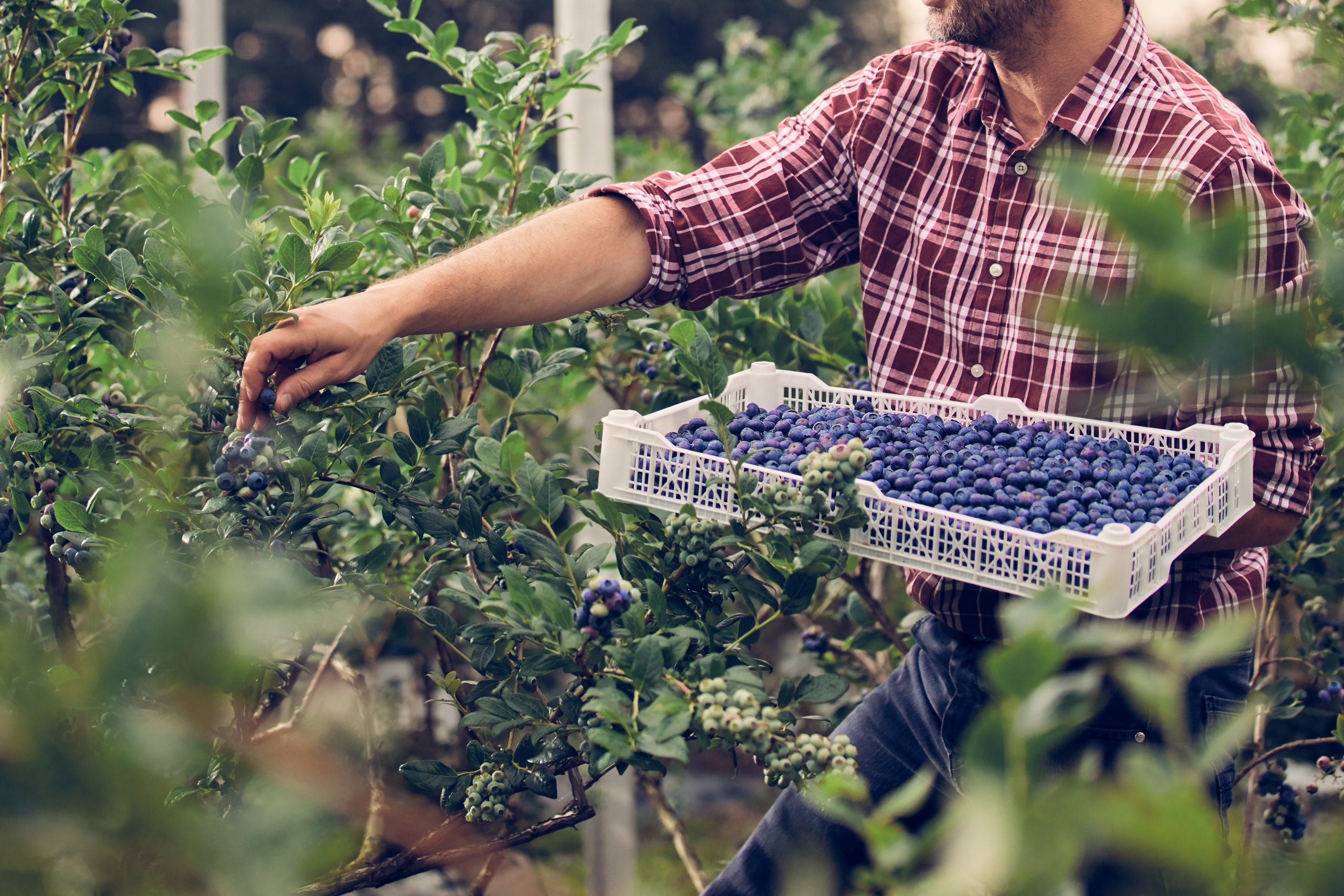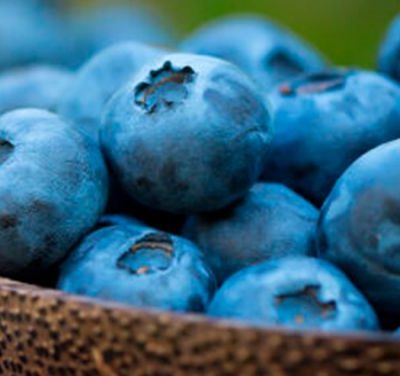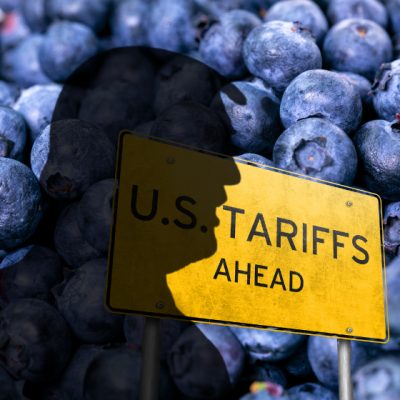Big changes ahead for South African blueberry industry
More varieties are becoming available to South Africa’s blueberry growers who are on track to doubling production within five years.

SA Berries operations manager Elzette Schutte says the country’s industry began in 1998 with high-chill varieties, but as newer cultivars entered South Africa they opened the possibility of growing in low-chill areas.
“We can basically plant blueberries anywhere in South Africa if you plant in substrate, in tunnels or under nets,” says Schutte.
For a long time the only significant growers were Trevor McKenzie’s Eurafruit which morphed to become BerryWorld South Africa in 2014, and Haygrove whose origins were mostly in raspberries and blackberries.
“They were the main players in the berry industry and then around 2011-12 United Exports came into the picture with their stunning OzBlu range,” says Schutte.
As with many sectors, the initial response from incumbents to the new competitor was lukewarm but they have since banded together to help form an industry body. In 2017 this culminated in the appointment of Schutte, who jokes that blueberry growers “needed a jockey”.
South Africa’s blueberries have developed a strong reputation in global markets, especially in the UK and continental Europe where exports are concentrated. The opportunities have not gone unnoticed, and new entrants continue to come on the scene.
“There are also some smaller players coming in now because there’s been a shift from closed varieties,” says Schutte.
“There are other companies in South Africa like Top Fruit which is new to the berry industry and has released some cultivars – of course there’s still a royalty on those varieties.
“And Fall Creek is also coming to South Africa – they’re here already and that’s a major change.”
Schutte notes these shifts will mean a different way of working for growers.
“They don’t have to commit to one exporter or one set of varieties,” she says.
“There’s more freedom…that has never existed before unless you wanted to export the open varieties such as Legacy, Star or varieties like that,” she says.
She clarifies this will take time as Fall Creek hasn’t released its varieties yet and Top Fruit has only released a couple, while setting up a commercial operation takes a great deal of planning.
“Because it’s expensive to set up a hectare of blueberries, you’re not going to do that if you can’t plant at least a couple of hectares and be aligned with exporters,” she says.
“You’re not going to go into it if you haven’t done your homework; we don’t have many small growers yet but I think it will change in the future.”
Opening up new markets
 Schutte expects the UK and the EU will continue to be South Africa’s core markets for blueberry shipments along with an existing presence in the Middle East and Far East, but the industry is looking to new horizons.
Schutte expects the UK and the EU will continue to be South Africa’s core markets for blueberry shipments along with an existing presence in the Middle East and Far East, but the industry is looking to new horizons.
“Our focus over time is to try and open the Chinese market and Japan, Taiwan and South Korea but that’s going to take a lot of time,” she says.
“We are working very hard to get into China, that’s a big goal for us, but it’s such a long process and it’s government to government.
Schutte is on the trade working group committee for negotiating entry, but she notes there is a priority list with avocados currently the next in line for Chinese market access.
“It takes about five years. We have to wait for them to work it through and sign it off and then we need to see as a country and decide what commodity will be next; what commodity will be best for South Africa,” she says.
She highlights the industry sent its first container to the U.S. market last year and there are hopes volume will increase.
“But it’s not easy. Because of fruit fly (Bactrocera dorsalis) you can only export from certain areas,” she says, mentioning exports could only take place from certain parts of the Western Cape and the fruit had to undergo a strict cold sterilization protocol as well.
“You need to be very careful where you select from, so it was actually quite an achievement to get that container out to the US.”
Nearby Canada is also in the South African industry’s sights, and as an import permit-focused country that shouldn’t take as long as for the East Asian market access negotiations.
When asked about competition, Schutte says South Africa harvests a little bit earlier than Chile and therefore competes directly with Peru.
 “I would say the advantage we have at the moment is the fact we have very good varieties and South Africa in general has a really good reputation for quality fruit,” she says.
“I would say the advantage we have at the moment is the fact we have very good varieties and South Africa in general has a really good reputation for quality fruit,” she says.
“If we export to Hong Kong or the UK or the EU, most of the time people expect good quality and that’s what we get.”
She says whether it’s varieties from BerryWorld, Haygrove or United Exports, they all travel very well.
“Ours have the legs to go the whole journey. We’re also a little bit closer so that makes it better for us to play in the European markets.
She notes South Africa has long had a presence in the International Blueberry Organization (IBO) as Trevor McKenzie joined on behalf of the industry.
“The first time I got to know them better was at the IBO meeting in Berlin at Fruit Logistica in 2019,” she says.
“For us the data that they publish regarding world trends and growth is absolutely crucial and we’ve contributed to the data in more detail than in the past.
“We need to be part of it to understand our industry better, so for us it’s almost like a no-brainer – we need to be part of it, it’s exciting and it’s great to meet the key players.”
Schutte also reveals ambitions for South Africa to host the IBO Summit in the future, and will be taking note of how the Canadians do the job this week.
“The blueberry industry in South Africa is such a breath of fresh air – it’s so exciting, it has so much potential for job creation and stimulating our economy,” she concludes.

